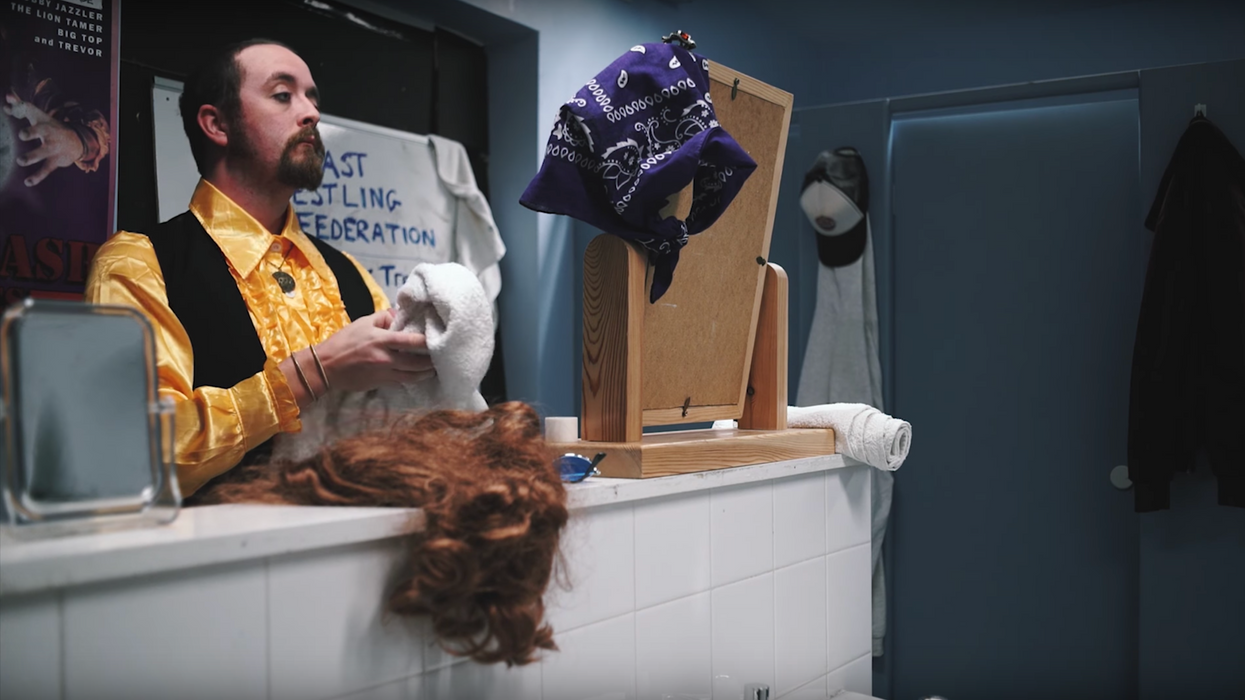Watch: Things to Keep in Mind When Scouting Locations for Your Film
Finding the right locations to shoot your film can be a real headache, but it doesn't always have to be.

Location scouting is right up there with casting when it comes to the level of its importance to your film. In fact, scouting locations is not that different from casting actors for your film, because if you do it right, each location will not only help you tell your story but they'll help give your audience a more immersive experience.
So, how is it done? Do you just go out and pick a bar or warehouse at random? Not quite. In this video from The Film Look, you'll get a quick lesson on how to approach securing locations for your film that don't just make sense for the story you're trying to tell, but also make sense for your creative and technical needs as well.
The way you go about location scouting depends heavily on the type of film you're making, as well as the kinds of resources you have at your disposal. If you've got a big budget and lots of connections, you may be able to gain access to locations that are expensive or difficult to get into, like professional, famous, or government-owned areas.
However, if you're shooting on a shoestring budget you'll have to get a little creative. Since you may not be able to afford to rent out a particular space, you should reach out to people you know who may have, or know someone how has, access to certain kinds of locations that you'll need for your film. For example, my dad operates his business out of a warehouse, so I shot countless student films in that place. Maybe you know someone who owns or rents out space in a cafe, bar, restaurant, a mansion, office space, or church that would be willing to let you shoot there inexpensively or for free.
Aside from actually finding a location, scouting requires a lot of preparation and organization. You'll have to know what you'll need in order to shoot there and whether or not that location has those things, like enough power outlets, wall color, lighting, square footage (size). Also, you'll have to find out if the logistics of using that particular location work for your project/schedule. How long can you shoot there and at what times of day? Are you able to shut off power to certain electronic devices and appliances that may make recording sound a problem (refrigerators, generators, etc.)?
If all of this seems a little overwhelming, The Film Look offers a free downloadable location scouting checklist to help take some of the guesswork out of the process. You can access it here.
Source: The Film Look













